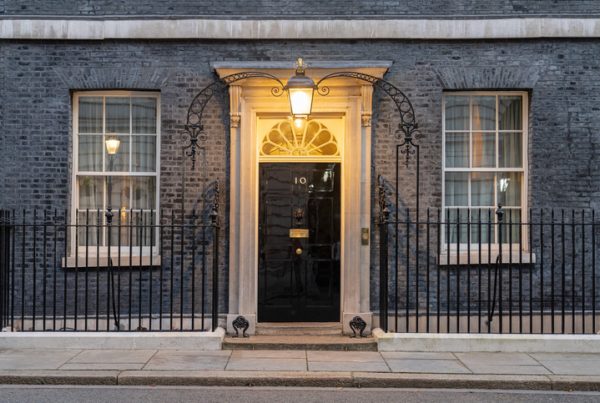ukactive has welcomed a major new report from Sport England and Sheffield Hallam University, which shows that every £1 spent on community sport and physical activity generates nearly £4 for the English economy and society.
The findings reveal that community sport and physical activity brings an annual contribution of £85.5bn to the country (in 2018 prices) through social and economic benefits.
Its social value – including physical and mental health, wellbeing, individual and community development – is more than £72bn, provided by a healthier population, consumer expenditure, greater work productivity, improved education attainment, reduced crime and stronger communities.
The report comes ahead of the Great British Week of Sport – taking place from 19 to 27 September – which is designed to celebrate the value of sport and physical activity to our communities.
The campaign, in partnership with Sport England, the UK Government and the European Commission, will showcase the variety of sports and activities which help people to be active, happy and healthy, while also highlighting their role in reducing health and social inequalities which have been exacerbated by COVID-19.
As excitement for the week grows, the new research also supports calls from ukactive and partners for greater financial and regulatory backing for the physical activity sector, with forced closures and reduced operating capacity threatening thousands of gyms, leisure facilities and sports providers.
Huw Edwards, CEO of ukactive, said: “Physical activity has the power to transform health and social care, improve wellbeing, build stronger communities and change lives – and we will bring these stories to life during the Great British Week of Sport.
“This research from Sport England shows the unique value of community sport and physical activity in tackling society’s greatest challenges, with a return of £4 for every £1 invested.
“ukactive and its partners have a track record of developing programmes of work that support broader societal outcomes, including creating opportunities for children and young people, transforming workplace wellbeing, and ensuring active ageing.
“As we continue to battle COVID-19, public health must be the Government’s top priority for both society and the economy. By investing in the physical activity sector at this time, we can increase the population’s physical and mental resilience to COVID-19, reduce the burden of underlying health conditions on the NHS, and maximise our contribution to economic recovery.”
The key findings:
- Investing in community sport and physical activity generates £3.91 in value for every £1 spent.
- £85.5bn total annual contribution of community sport and physical activity (in 2018 prices) through social and economic benefits.
- £72bn in social value, provided by a healthier population, consumer expenditure, greater work productivity, improved education attainment, reduced crime and stronger communities.
- £13bn in economic value generated through sports-related goods and services.
- 285,000 jobs within the community sport and physical activity sector.
- £42bn worth of value created from improved life satisfaction for 24 million participants and 3.9 million volunteers through involvement in sport and activity
- £9.5bn from preventing serious physical and mental health conditions (£5.2bn was in healthcare savings, while £1.7bn was in social care savings).
- £3.6bn worth of savings generated by the prevention of 900,000 cases of diabetes.
- £3.5bn of value generated in avoided dementia cases and related care.
- £450m saved by preventing 30 million additional GP visits.
- £20bn in value from stronger and safer communities: 10,000 fewer crime incidents; replacement value of work done by sports volunteers (£5.7bn); improved levels of social trust, belonging and community engagement (£14.2bn).
Social impact was determined by using a Social Return on Investment (SROI) framework, which assessed the value of participating and volunteering in sport but excluded watching sport. The economic importance was evaluated by adopting the National Income Accounting framework and provided a snapshot of the role and significance of sport in England in 2017/18.
For more information and the full report, visit Sport England’s website.
To find out more about the Great British Week of Sport and to get involved – including to register events and download the free digital toolkit – visit www.gbwos.com




